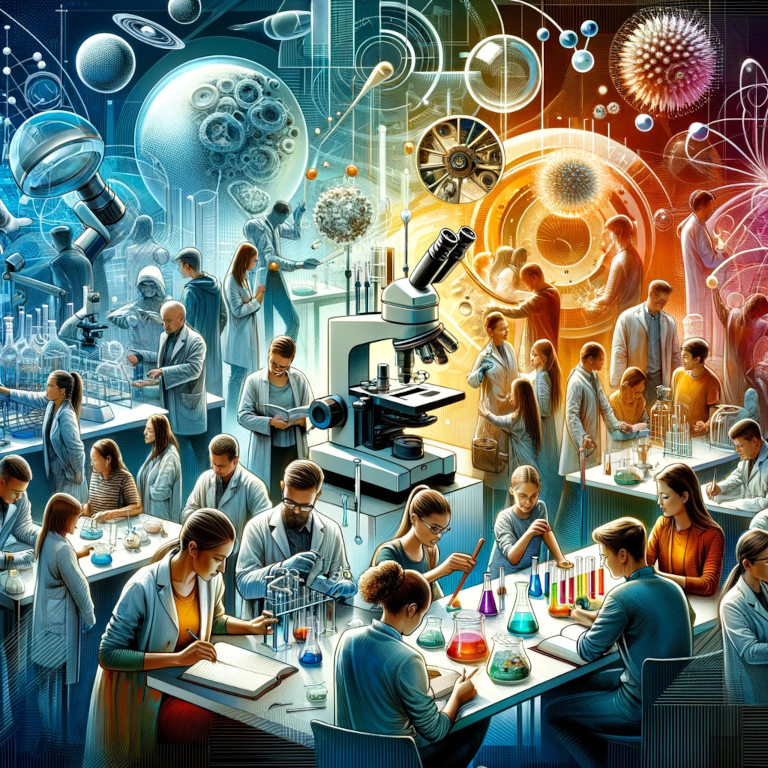Science education is not just confined to the classroom; it extends into dynamic, hands-on experiences that ignite curiosity and foster a deeper understanding. Science workshops are a critical component of this educational expansion, offering learners of all ages the opportunity to dive into scientific exploration through more practical, engaging means.
The Importance of Science Workshops
Science workshops provide unique opportunities for students to engage directly with scientific concepts, tools, and experiments. These workshops are designed to break down complex theories into understandable, relatable activities that encourage enthusiastic participation. The hands-on approach not only makes learning more enjoyable but also enhances retention of scientific knowledge.
What to Expect in a Science Workshop
Participants in science workshops can expect a mixture of demonstrations, group activities, and individual projects. These settings are often led by experts who guide attendees through various experiments, from robotics to chemical reactions, emphasizing the real-world application of the science being taught. The goal is to foster an environment where theoretical knowledge meets practical application, creating a holistic learning experience.
Key Benefits of Participating in Science Workshops
- Enhanced Understanding: Practical activities help clarify complex scientific concepts.
- Skills Development: Workshops provide a platform to develop scientific thinking and problem-solving skills.
- Increased Engagement: Interactive and fun, these workshops make learning science exciting and accessible.
- Inspiration for Future Careers: Exposure to diverse scientific fields can inspire students to pursue science and technology careers.
How Science Workshops Support Educational Goals
Science workshops are designed to align with educational standards and often focus on STEM (Science, Technology, Engineering, and Mathematics) initiatives. They provide an excellent supplement to traditional education methods, offering a more engaging way to meet curriculum goals while encouraging students to think critically and creatively.
Choosing the Right Workshop
When selecting a science workshop, consider the age group it caters to, the topics covered, and the expertise of the instructors. It’s beneficial to choose workshops that align with current educational needs or personal interests. Additionally, many institutions offer tailored workshops for different skill levels, ensuring that participants can find a session that matches their proficiency and educational aspirations.
The Future of Science Education
With the continuous advancement in technology and methodology, science workshops are becoming more innovative. Virtual reality, augmented reality, and other digital tools are being integrated into these sessions to provide immersive experiences that were once unimaginable. This evolution is making science more accessible and appealing to a broader audience, ensuring that the educational impact of these workshops is profound and far-reaching.
Science workshops play an indispensable role in modern education by transforming how we approach teaching and learning in science. They provide practical, enjoyable, and impactful learning experiences that not only complement traditional education but also prepare learners for a future where science and technology are at the forefront. Whether in a school, museum, or community center, science workshops offer invaluable opportunities to explore, discover, and be inspired by the wonders of science.






